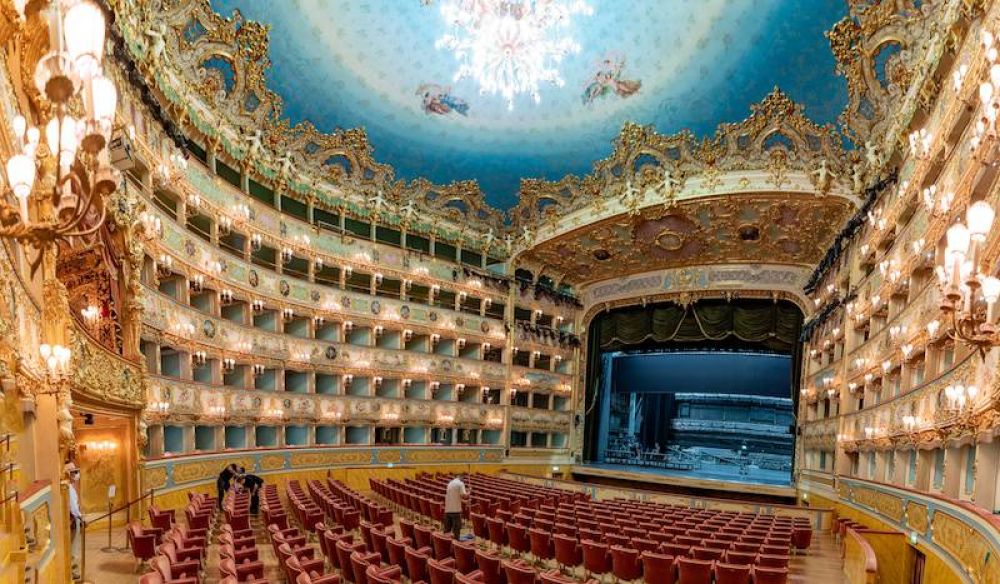

Venice, a city renowned for its unique waterways and rich cultural heritage, has been a hub for tourists for centuries. One of its most iconic landmarks, Teatro La Fenice, stands as a testament to the city's love for the arts and its historical significance in the world of opera. Established in 1792, La Fenice quickly became the premiere venue for Italian opera, hosting performances of many of the greatest operatic composers, such as Rossini, Bellini, Donizetti, and Verdi.
The history of Teatro La Fenice is one marked by both tragedy and resilience. The theater has tragically burned down and been rebuilt multiple times, with the most recent fire occurring in 1996. Each reconstruction has been faithful to the original design and the theater has continuously reclaimed its status as a cultural beacon. This element of rebirth has attracted tourists not only for its performances but also for its symbol of Venetian endurance and revival.
Originally, tourism at La Fenice revolved around the opera season, attracting affluent travelers and art connoisseurs from around the globe. As the reputation of La Fenice's productions grew, so did its draw as a must-visit destination for those exploring Venice. Tourists would plan their visits to coincide with specific performances, making it a centerpiece of their cultural itinerary.
In modern times, the allure of La Fenice extends beyond its performance schedule. Visitors can take guided tours of the opera house, exploring its ornate architecture, lavish decoration, and learning about its dramatic history. The theater also hosts a variety of events, including ballets, symphony concerts, and chamber music recitals.
With the advent of technology, virtual tours and multimedia exhibitions have become a part of the visit to La Fenice, allowing a broader audience to experience its grandeur. Moreover, special performances and collaborations have been introduced, showcasing contemporary works alongside traditional operas to attract a diverse audience.
Venice is facing the challenges of over-tourism and climate change, and Teatro La Fenice has been involved in efforts to promote sustainable tourism. This involves managing crowd control, preserving the theater's historic structure, and engaging in conservation work to ensure that the legacy of La Fenice can be enjoyed by future generations.
Teatro La Fenice in Venice remains a symbol of the city's undying love for opera and the arts. With its compelling history of destruction and renewal, it continues to be an integral part of the tourism landscape in Venice, offering visitors from around the world a chance to partake in its storied past and vibrant present.